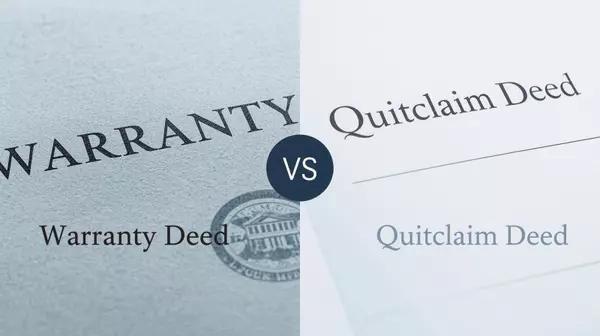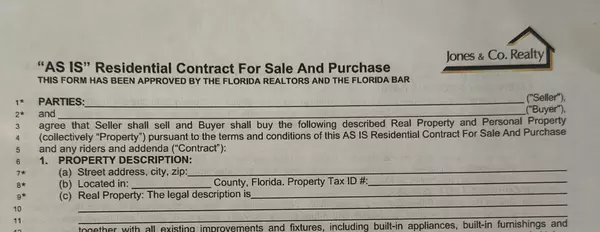Title Insurance - Where Does Your Dollar Go?

Title Insurance: As a homebuyer, the term is probably familiar - but is it understood? What is your dollar actually paying for when you purchase a title policy? Title Insurers, unlike property or casualty insurance companies, operate under the theory of risk elimination. Title companies spend a high
Read More-

Title Insurance it’s a term we hear and see frequently - we see reference to it in the Sunday real estate section, in advertisements, and in conversations with real estate brokers. If you’ve purchased a home before, you’re probably familiar with the benefits and procedures of title insurance. But if
Read More Title Insurance When Refinancing Your Loan

Lower interest rates have motivated you to refinance your home loan. The lower rate may save you a tremendous amount of money over the life of the loan, but you should also expect to pay the lender the typical closing costs associated with any new loan, including service fees, points, title insuranc
Read MoreTitle Insurance Requirements for Insuring Trusts

In today’s world of busy probate courts and exorbitant death taxes, the living trust has become a common manner of holding title to real property. The following may help you understand a few of the requirements of the title insurance industry if title to property is conveyed to the trustee of a livi
Read More
Categories
- All Blogs 347
- 55+ Communities 9
- Boating Communities 9
- First Time Home Buyer 113
- Florida Lifestyle 67
- Foreclosures 2
- Fun Things to do in Lee County, Florida 37
- Golf Communities 23
- Home Buyer Tips 128
- Home Seller Tips 104
- Homeowner Tips 61
- Mortgage Tips 38
- Neighborhoods 66
- Schools 3
- Title & Escrow 3
- Title Insurance 4
Recent Posts










